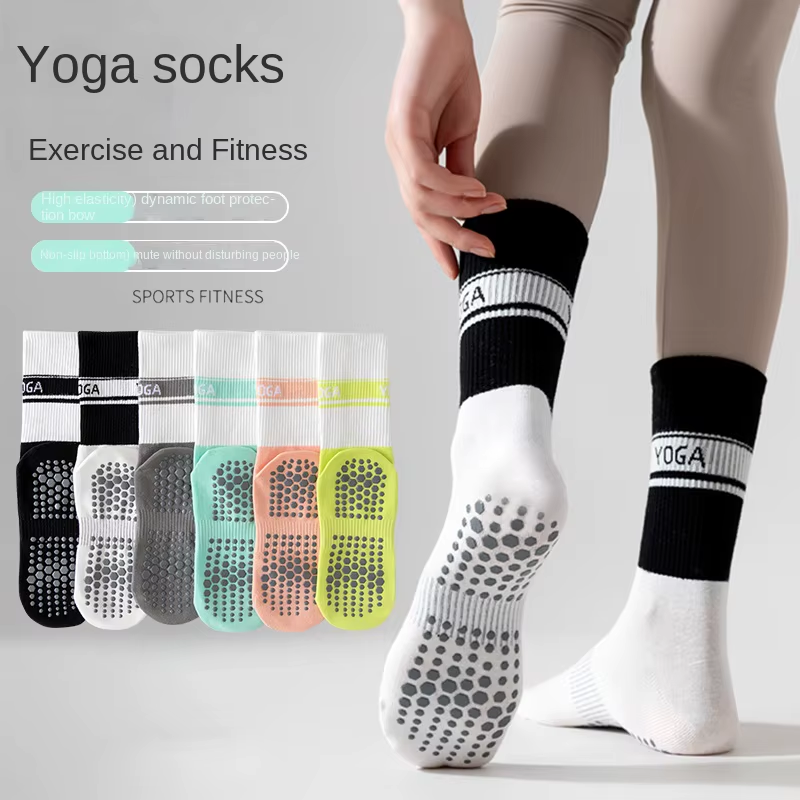Whether or not you should do a cleanse depends on your individual health goals, overall well-being, and the type of cleanse being considered. While cleanses are popular in wellness culture, they aren’t necessary for everyone, and their effectiveness varies widely. Here’s what you need to know:
Reasons People Consider a Cleanse
- Kickstarting Healthier Habits:
- Many use cleanses as a reset to improve diet or reduce unhealthy cravings (e.g., sugar, processed foods).
- Relieving Digestive Issues:
- Some people feel bloated or sluggish and turn to a cleanse for temporary relief.
- Mental or Emotional Benefits:
- Cleanses can feel like a fresh start and help individuals focus on self-care.
Pros of Doing a Cleanse
- Short-Term Health Boost:
- Eliminating processed foods, sugar, and alcohol can give you more energy and reduce bloating.
- Increased Nutrient Intake:
- Juice cleanses or plant-based cleanses often include more fruits and vegetables than a standard diet.
- Improved Awareness:
- A cleanse can help you pay more attention to your eating habits, portion sizes, and triggers for unhealthy choices.
- Motivation:
- Completing a cleanse may encourage long-term healthier lifestyle changes.
Cons and Risks of Cleanses
- Lack of Scientific Evidence:
- The body is equipped with efficient detox systems (liver, kidneys, lungs, and skin) and doesn’t usually need external cleanses.
- Nutrient Deficiencies:
- Prolonged or restrictive cleanses (e.g., only liquids or extreme fasting) can lack essential nutrients like protein, fiber, and healthy fats.
- Temporary Weight Loss:
- Weight lost during a cleanse is often water weight or muscle mass, not fat, and tends to return once normal eating resumes.
- Digestive and Energy Disruptions:
- Cleanses may cause fatigue, headaches, dizziness, or digestive upset, especially if they’re extreme.
- Potential for Disordered Eating:
- Repeated cleanses or overly restrictive approaches can lead to unhealthy relationships with food.
Who Should Avoid Cleanses?
- People with medical conditions like diabetes, kidney disease, or eating disorders.
- Pregnant or breastfeeding individuals, as cleanses may lack sufficient calories and nutrients.
- Those taking medications, which could interact with cleanse supplements.
When a Cleanse May Be Worth Considering
If you’re curious about doing a cleanse, choose one that aligns with your health and is balanced. For example:
- Short-term cleanses (1–3 days) with whole foods, smoothies, or juices can be relatively safe for most healthy individuals.
- Focus on real foods, not extreme fasting or over-the-counter “detox” pills.
- Consult a healthcare professional to ensure the cleanse is safe and appropriate for you.
A Healthier Alternative to Cleanses
Instead of a cleanse, focus on sustainable changes to support your body’s natural detoxification processes:
- Eat a balanced diet rich in whole, unprocessed foods.
- Stay hydrated by drinking plenty of water.
- Exercise regularly to boost circulation and sweating.
- Prioritize sleep for optimal repair and detoxification.
Takeaway
A cleanse might provide a short-term reset, but it’s not a cure-all, and the risks can outweigh the benefits for some people. If you’re looking to feel healthier, a more gradual approach with consistent healthy habits is safer and more effective in the long run.
Would you like help creating a sustainable health plan or evaluating a specific cleanse?




